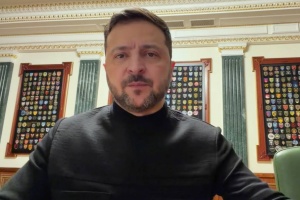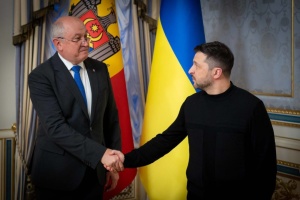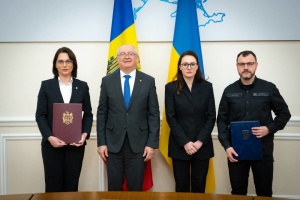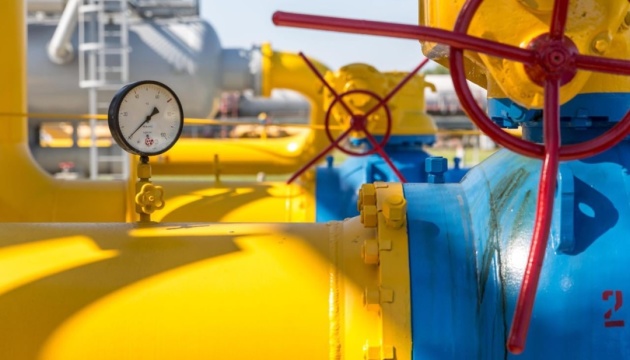
A stab in Ukraine’s back: A Hungarian-Russian gas deal amid Moscow's energy escalation
Yesterday came the reports of Budapest sealing with Russia's Gazprom a long-term contract for natural gas supplies bypassing Ukraine. Against the backdrop of an impending crisis over the Kremlin's barely concealed plans to make full use of Nord Stream 2 as a hybrid energy weapon against Ukraine's gas transmission system, Hungary's move looks insidious, to say the least.
It should be noted that this is not the first time over the recent years that Hungary has created certain problems for Ukraine in the foreign policy arena. Being a NATO member state, the country has been blocking the NATO-Ukraine Commission meetings, demanding changes to Ukraine's legislation on the state language and national minorities.
However, both sides pursued the dialogue, and Kyiv until the last moment tried to find a compromise solution without harming own national interests.
But in the case of the Russian gas deal, things are different.
The Ministry of Foreign Affairs of Ukraine reacted immediately to the news, stating it considered Budapest's step "purely political and economically unviable decision taken in favor of the Kremlin," adding that the move failed to comply with “the principles of the Treaty on Good Neighborliness and Cooperation between Ukraine and Hungary of December 6, 1991.”
Moreover, it was stressed that "the Hungarian-Russian gas agreement will have “a significant impact on the energy security of Ukraine and Europe.”
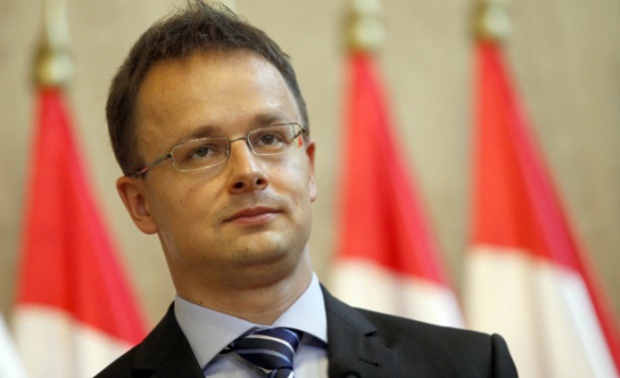
Ukraine's harsh statement did not go unanswered. Foreign Minister Peter Szijjarto has criticized Ukraine for an "unfriendly" statement, which he considers an attempt at meddling which threatens his country’s "energy sovereignty." He also dismissed any political pretext behind the Russian gas supply contract, saying "houses can’t be heated by political statements."
The Ukrainian ambassador was summoned to the foreign ministry, while Kyiv did a mirror move, conveying to the envoy "a principled position: transmitting gas bypassing Ukraine undermines our country's national security and Europe's energy security."
In fact, it is obvious who is actually managing this game against Ukraine, putting into Budapest's hands an "energy knife" for an unexpected stab in Kyiv’s back.
The Russian Federation is gradually approaching its strategic goal of reducing and potentially abandoning gas transit via Ukraine, stripping the country of hefty transit fees and untying own hands for further aggression, including through the infamous "gas wars," upping its game to which Ukraine may just not be ready.
The new agreement between Hungary's MVM Group and Russia's Gazprom, signed for 15 years, provides for an annual supply of 4.5 billion cubic meters of gas, including 3.5 bсm through Serbia and another 1 bcm through Austria.
The contract was signed against the background of Russia-orchestrated gas shortages in the EU and significant energy price hikes ahead of the winter period. At the same time, Gazprom demonstratively refused to reserve additional capacities of the Ukrainian GTS for the next period.
In preparing the agreement with the Hungarian side, Russia certainly took into account the country's dependence on Russian gas, offering a comfortable price and prospects of additional profits from the resale, as well as likely political dividends.
In fact, stable supplies are expected to help the current government, run by Viktor Orban, receive certain electoral benefits in the run-up to next spring's parliamentary elections.
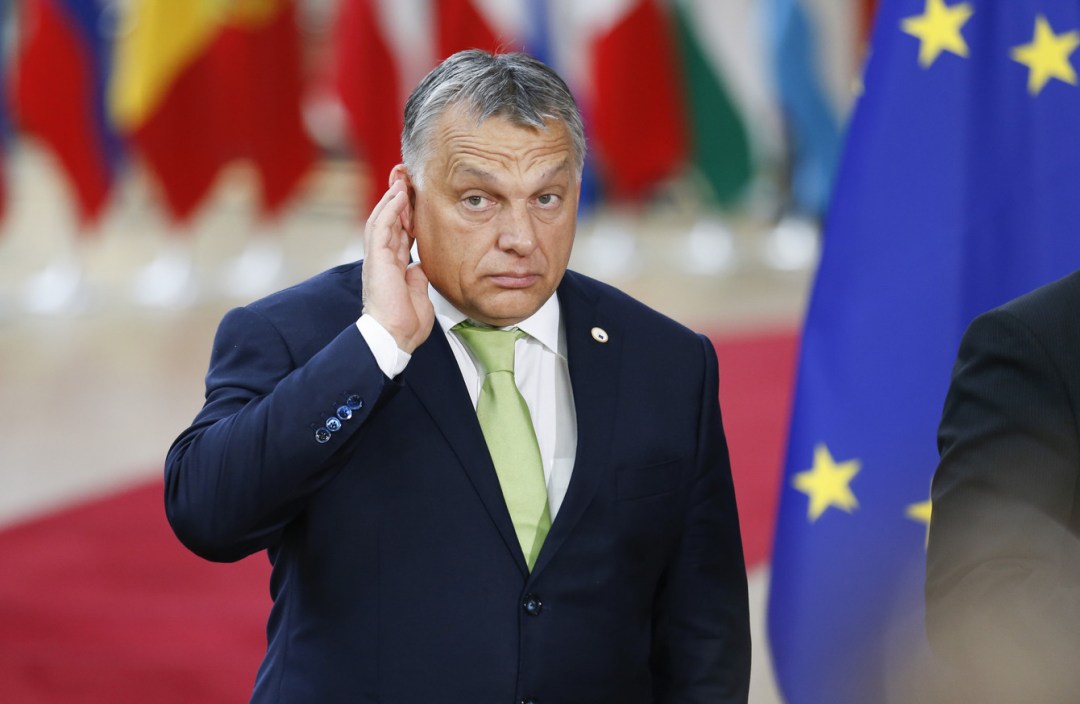
In general, the Hungarian prime minister has long lobbied for Russia in Europe, including in terms of energy issues.
While Brussels introduced a package of sanctions over Russia’s aggression against Ukraine, Budapest has been pursuing a path of further strengthening economic and political ties with Moscow.
In 2015, after meeting in Budapest with the Russian President Vladimir Putin, Orban said he would not be supporting the EU's energy integration plans as Hungary was about to sign a more flexible gas contract with Russia.
In addition to gas supplies, Hungary remains dependent on Russia in nuclear energy, as it is with Rosatom that an agreement has been signed to expand the Paks Nuclear Power Plant, whose four units already produce more than 40% of all power consumed in the country. By the way, the deal wasn’t recalled even when research showed that the site where the new reactors were to be built was in fact located on an active seismic fault line. As reported by the Austrian Federal Environmental Agency, the area "shall be considered unfit" for the construction of nuclear facilities.
Today, the new gas contract will further increase Russia's influence in Hungary, which in turn could lead to a deeper political crisis in Hungary due to the escalation of conflict between Eurosceptics in government and the pro-EU opposition.
Meanwhile, the Ukrainian government has already stated readiness to apply to the European Commission to assess the new Hungarian-Russian gas agreement for compliance with EU energy legislation.
In general, the current situation in the European gas market may progress into another gas crisis with severe economic implications for the whole bloc. It is unclear whether the EU will be able to avoid a repeat of Russia's 2009 blackmail scenario. Recently, a leading researcher with the Atlantic Council, Agnia Grigas, noted that the EU, unfortunately, seems to have a short memory and might lack long-term thinking.
Despite the fact that the bloc has adopted its own Energy Strategy, it somehow forgot that Nord Stream 2 contradicts the fundamental principles of this document, according to Grigas.
Meanwhile, pushing for a positive result of Nord Stream 2’s certification in Europe, Russia will certainly continue to blackmail the European Union, creating the impression that the new pipe is the only option to seal stable supplies, as well as compromising the Ukrainian gas transmission system.
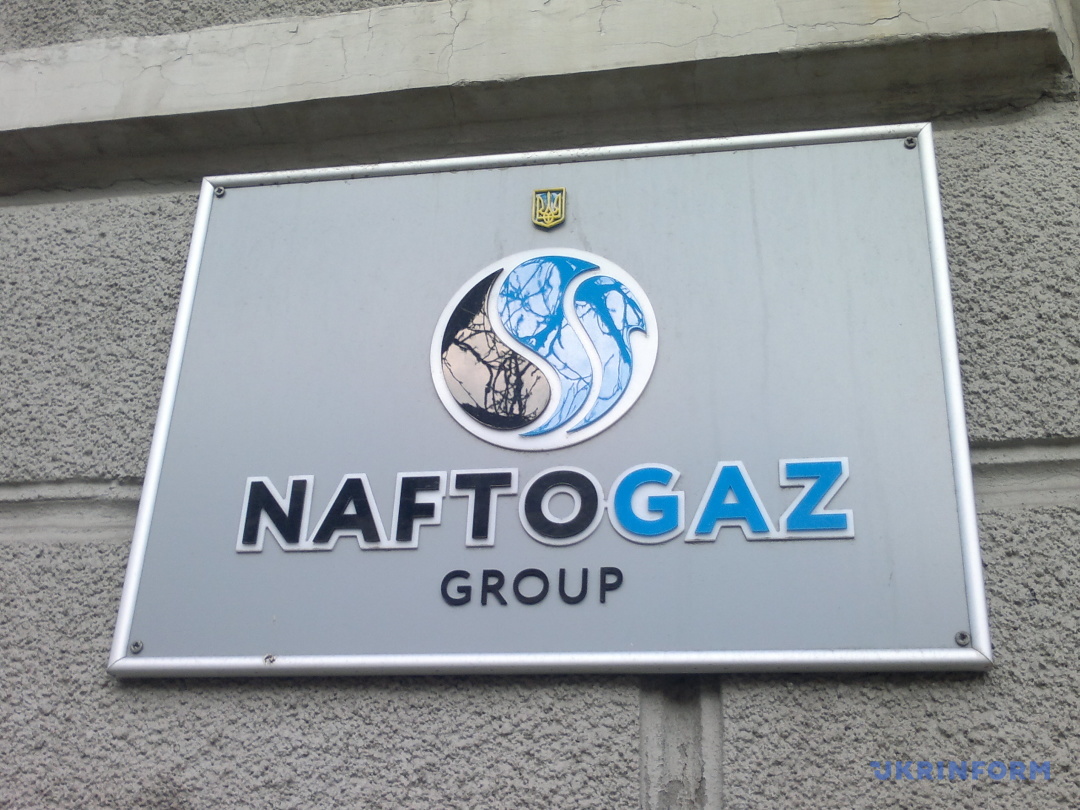
In turn, Naftogaz CEO Yuriy Vitrenko earlier explained that, once launching Nord Stream 2, Gazprom could transfer to the new pipeline gas volumes that are currently flown through Ukraine. "So there’ll be no additional gas; it’s just a change of routes," Vitrenko said, emphasizing that the gas shortage in Europe can be avoided by forcing the Russian energy giant to allow European companies to buy fuel at the reception point on the Russian-Ukrainian border so that they can further book transit via Ukraine on their own.
However, Gazprom is refusing to move the gas reception point, further tightening Russia’s hybrid energy grip on Europe and gradually moving toward their goal of destroying Ukraine's GTS – Including through insidious bilateral deals with certain European consumers.
Yevgeny Matyushenko
*The author’s views and opinions do not necessarily reflect the position of the agency.

